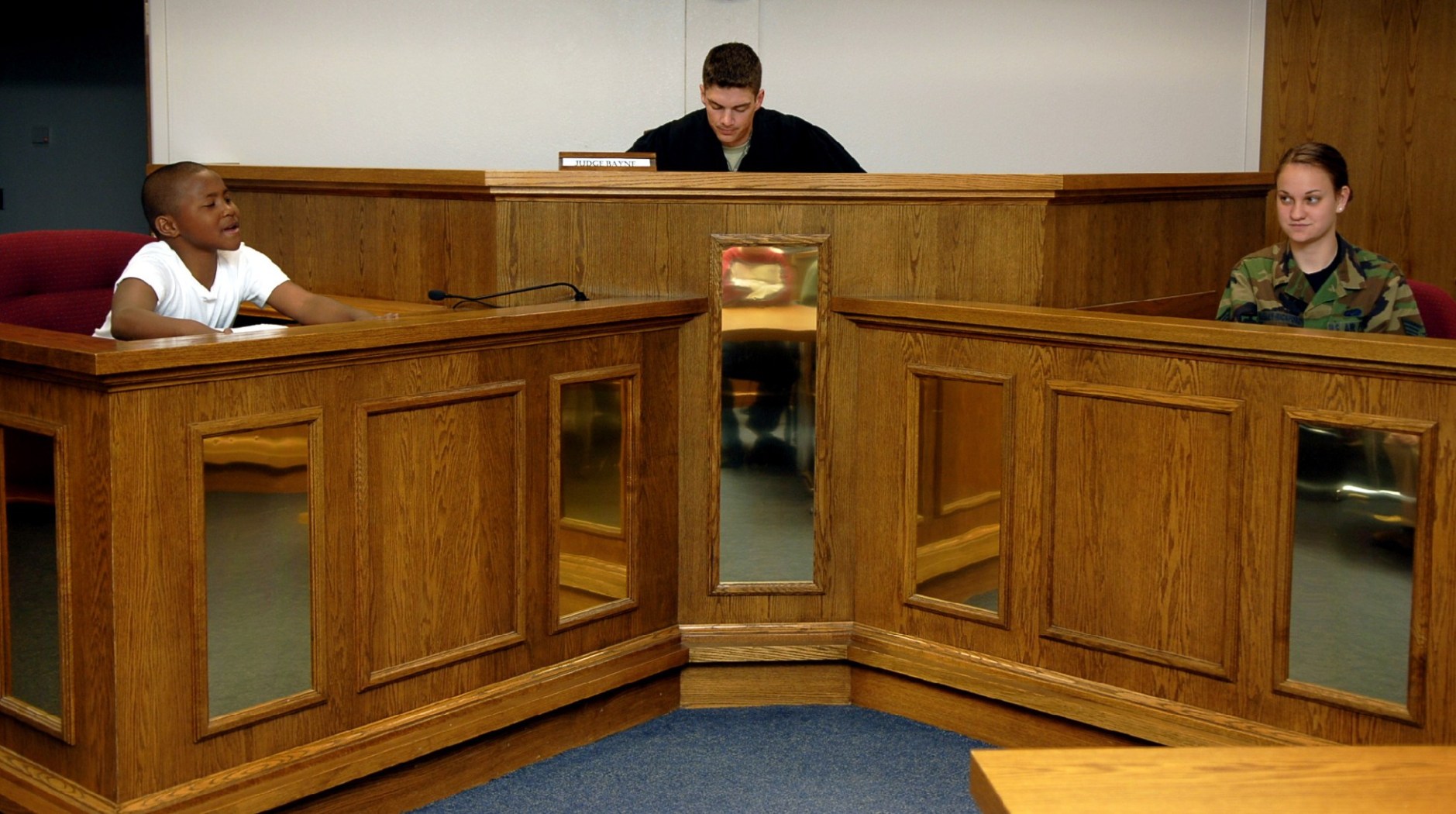When issuing custody decisions, Massachusetts probate and family court judges are required to decide what is in the best interests of the child. This standard gives the judge broad discretion when issuing custody decisions. A common question parents ask is, will a judge listen to what my child has to say and/or wants?
There are several different ways a judge can hear from the child. Whether or not the judge wants to hear from the child and the amount of weight (influence) that the judge places on the child’s testimony is affected by the child’s age . Currently there is no set age for when a child is considered “old enough” to have a say in custody disputes, but the appeals court agreed that a fourteen (14) year old child’s wishes should be considered. See Adoption of Authur 34 Mass. App. Ct. 914 (1993). Once a judge decides it is appropriate for the child’s voice to be heard, the judge must decide what is the best method to hear from the child. The following are several procedures a judge may use to gather information directly from the child.
Guardian Ad Litem
Guardian Ad Litems (GAL) are frequently appointed by the court to investigate and report on issues relating to the child. A GAL interviews parents, children, children’s providers, and any other person they believe valuable to their investigation. At the conclusion of the investigation, the GAL provides a written report, frequently with recommendations, to the court. In the GAL’s report, the GAL will include notes from their interview(s) with the child that states the child’s wishes. The judge then reviews the report from the GAL and uses that information to assist with their custody decisions.
Probation Officer
Another common way for a judge to hear what the child wants, is by ordering a probation officer to interview the child. Generally, probation interviews are completed in one session. It is the probation officer’s role, during that session, to speak with the child and relay the child’s wishes and reasoning for his/her request(s) to the court. After the interview, the probation officer will report to the court what they learned from the child.
Appointing an Attorney to Represent the Children (ARC Program)
The ARC program was started to provide children in custody matters an attorney to represent their interests. ARC stands for Attorneys Representing Children. The ARC attorney’s role is to advocate the child’s wishes to the court. ARC attorneys are appointed at the discretion of the judge and attend all hearings on behalf of the child. Additionally, the court has the ability to appoint an attorney for each child in a family, especially if the children disagree on what they want.
In-Camera Interviews
A judge has the discretion to conduct an in-camera interview of the child. An in-camera interview is when the child meets with the judge. This meeting typically happens at court in the Judge’s lobby. In-camera interviews allow a judge to speak with the child directly regarding their wishes. The interviews are recorded and parents are given access to the recorded interview. See Abbott v. Virusso, 68 Mass. App. Ct. 326 (2007).
After the judge hears from the child, the judge must decide what weight to give to the child’s wishes and statements. The judge’s analysis is done by reviewing what the child said and the reasons behind it. For example, a child may report that they want to live with parent A because they do not have a set bed time. A judge reviewing that information will evaluate what weight, if any, to give the child’s wishes. In this scenario, the judge is unlikely to give the child’s wishes much weight because of the child’s reasoning for wanting to live with parent A. The judge then decides the what is in the best interests of the child based on all the evidence presented.
In conclusion, not only is it important that a child’s voice be consider, but it is also important to understand the reasons behind that request. The judge deciding the custody dispute has broad discretion to decide if your child’s voice is heard, how the child’s voice is heard and how much weight to give that child’s wishes.
